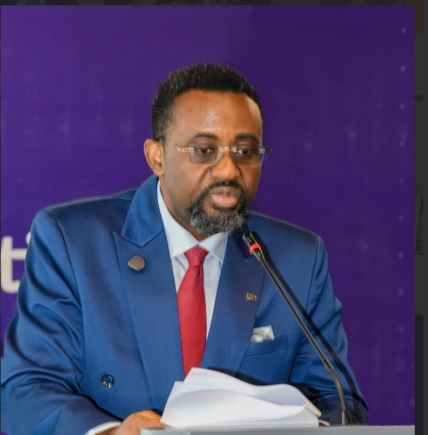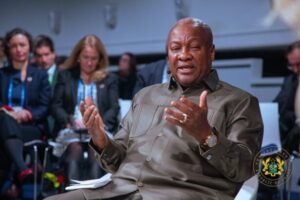Africa’s Public Sector Workers Face Declining Wages: Survey Highlights Urgent Need for Reform
A recent survey reveals that public sector workers across Africa, particularly in health and education, are experiencing significant wage declines. The report underscores the pressing need for systemic reforms to address the financial hardships faced by these essential workers. Key Findings from the Survey The ActionAid report, titled The Human Cost of Public Sector Cuts in Africa, surveyed over 600 healthcare workers, teachers, and community members in Ethiopia, Ghana, Kenya, Liberia, Malawi, and Nigeria. The findings are alarming: Wage Declines: Teachers' salaries have plummeted by between 10% and 50% over the past five years. Financial Struggles: An overwhelming 97% of health workers reported insufficient wages to cover basic needs like rent, food, and household expenses. Increased Workloads: Budget cuts have led to overwhelming workloads, with 70% of teachers and 85% of health workers feeling overburdened. Mental Health Impact: The financial […]




